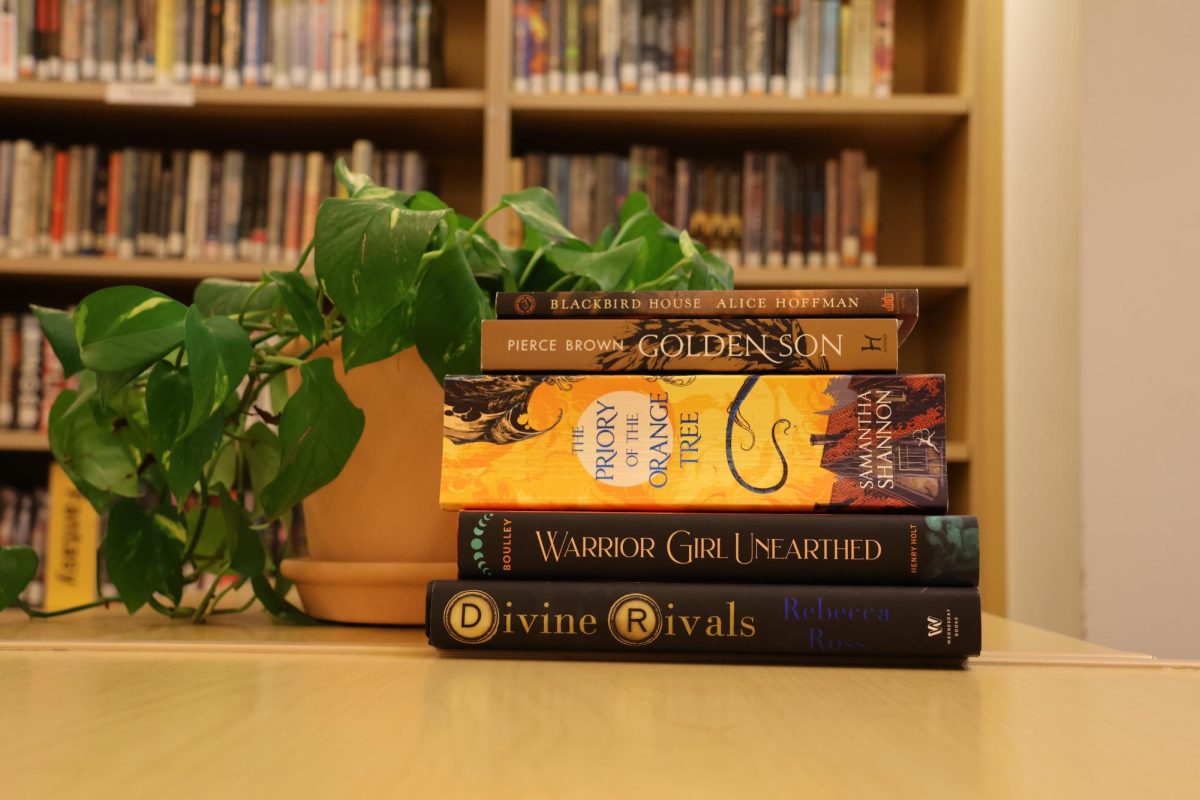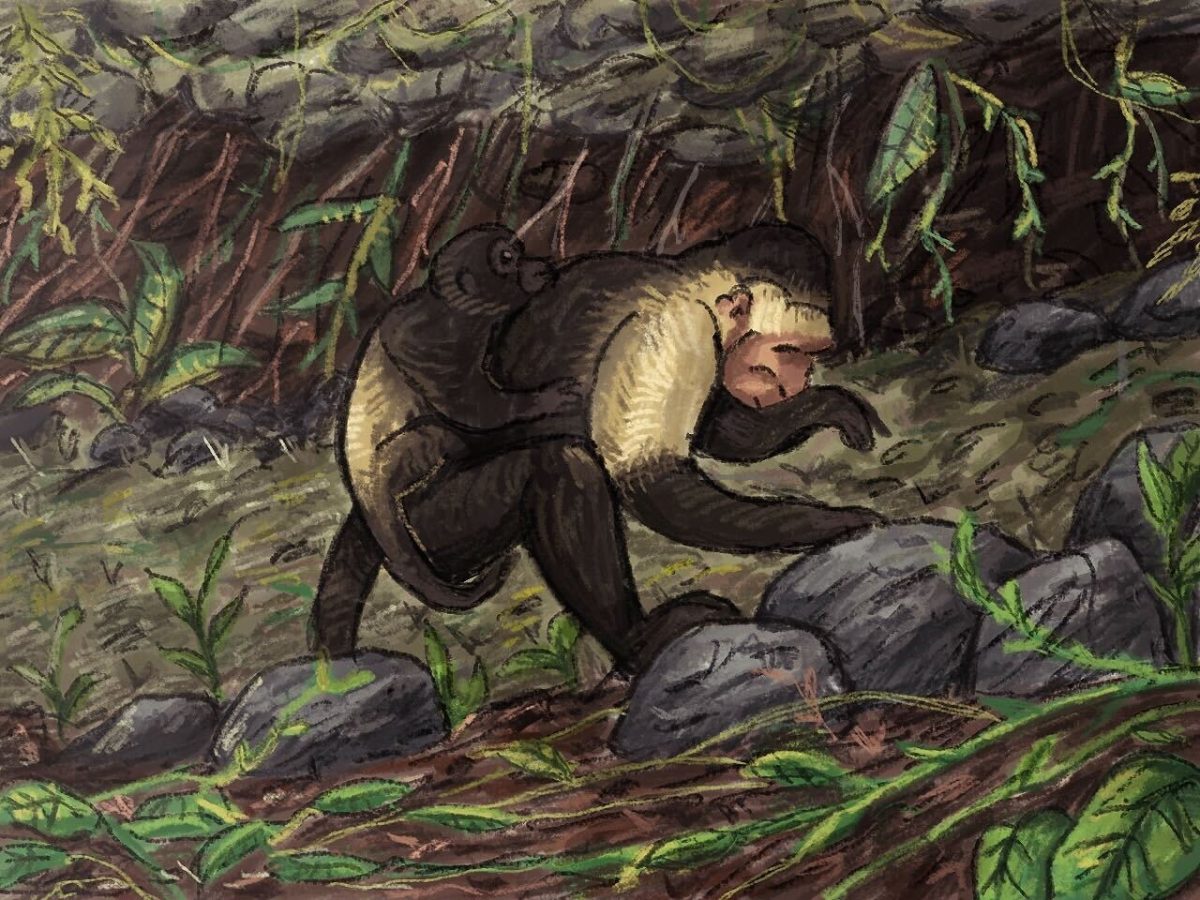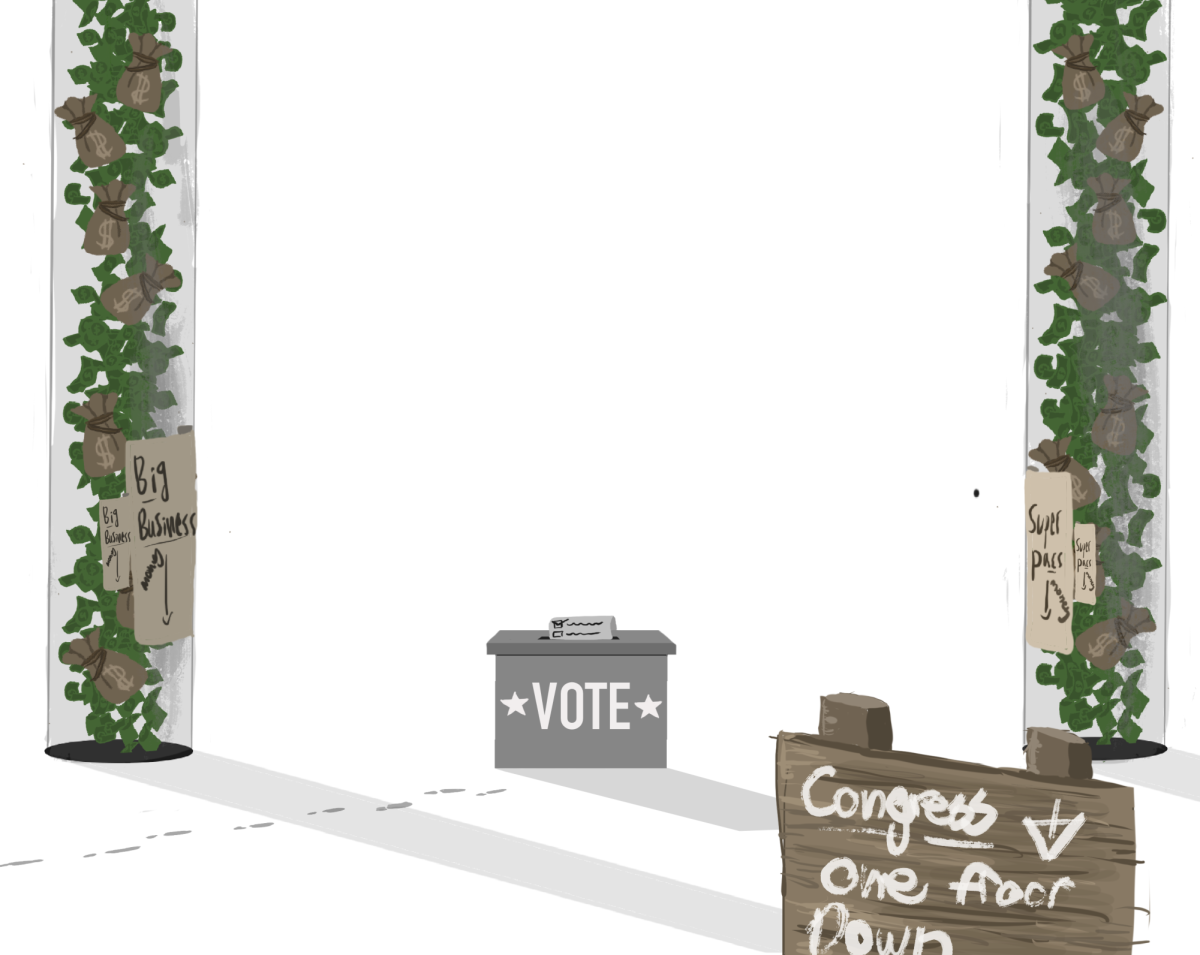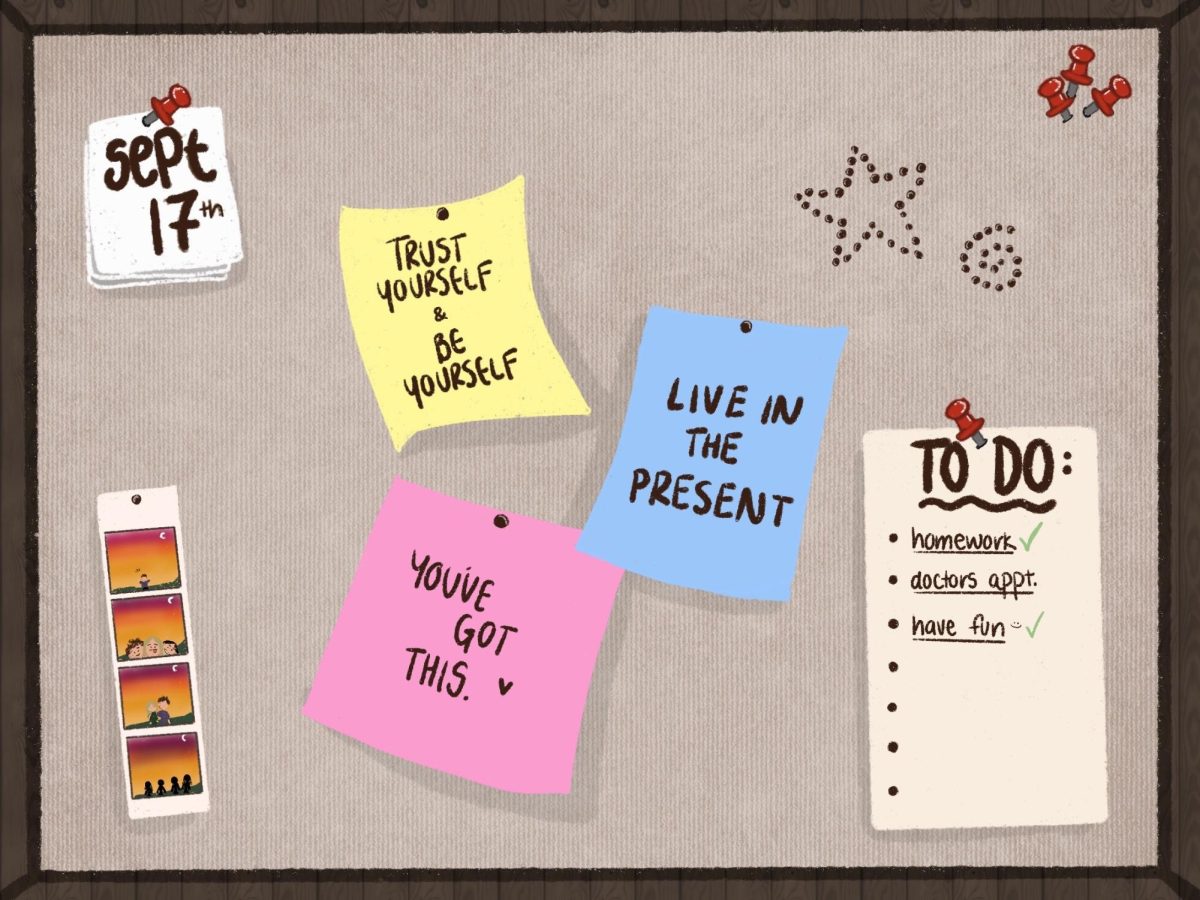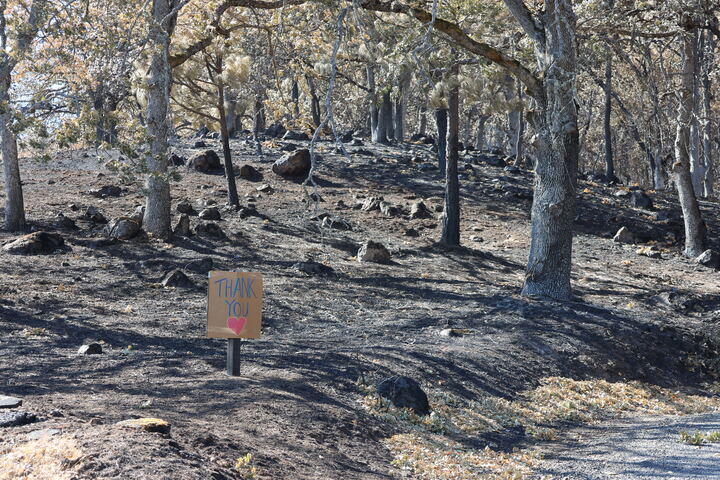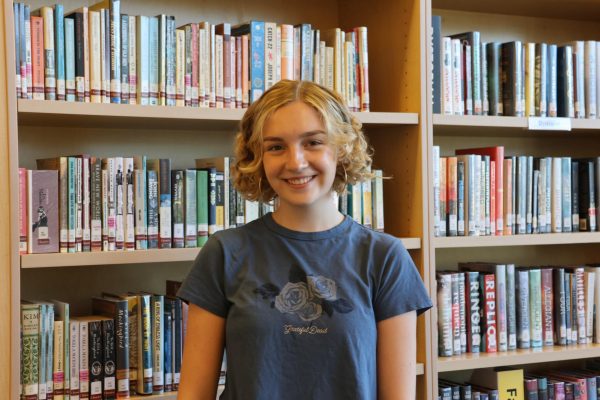At its core, reading is an act of empathy.
When reading books, particularly works of fiction, you are compelled to think about situations unlike your own and people whose lives don’t mirror yours. Simply by virtue of the activity, you are forced to practice compassion — that unique blend of imagination and human connection which has always shown up for me in the written world, as different points of view prompt the consideration of what it would be like to live as someone else.
Almost nothing has taught me as much about myself, how people work, and the world at large as reading. Each time I turn a page, I’m given an irreplaceable glimpse into the hidden thoughts, perspectives, and past of the characters I read about, along with the unseen motivations behind their everyday decisions.
People’s experiences are shaped by their situation and those around them, experiences which, in turn, craft their viewpoint and worldview, dictating how they interact with society and shape the lives of others.
Books provide a window into that.
After reading 100 of them in 2024, the biggest takeaway I have is that idea: none of us exist in isolation, and neither do our choices.
Out of the many I’ve read this year, these five novels offered that insight most compellingly, with creativity, compassion, and thoughtful, complicated characters.
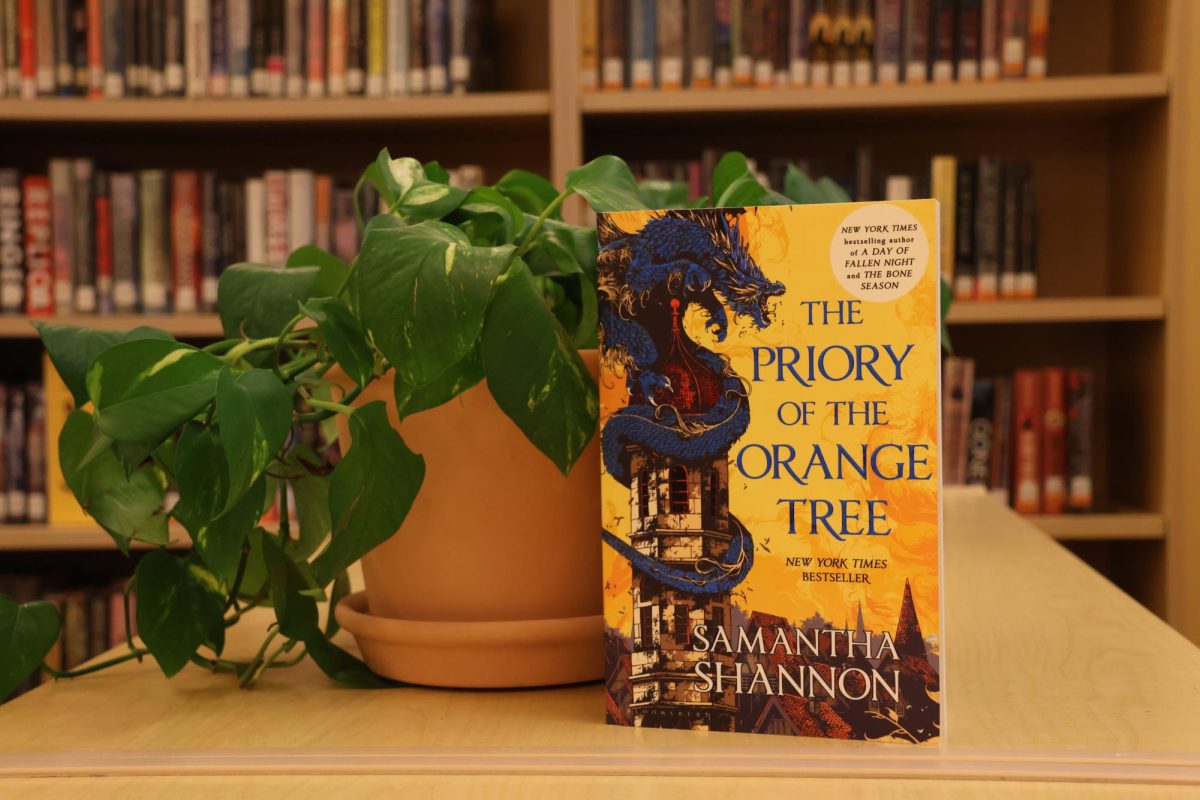
“The Priory of the Orange Tree” by Samantha Shannon
“The Priory of the Orange Tree” paints the story of a world besieged by fire-breathing wyrms and the people striving to hold it together.
Told through the perspectives of four characters — lady-in-waiting Ead, Tané, who has trained her entire life to be a dragon rider, disgraced alchemist Niclays, and Loth, a lord — this feminist high fantasy is like a box of chocolates: rich, ornate, and something to be savored.
The worldbuilding is absolutely phenomenal, as are the depth, nuance, and fallibility of the characters. Even the narrators whose chapters I did not particularly enjoy (see: Niclays) won my appreciation, simply due to the raw humanity of Shannon’s writing and how they grapple with personal flaws amidst a global crisis.
This book stunned me with its staggering set pieces, intricate, layered landscape — spanning two maps — and complicated cast, which, rather than being firmly split between heroes and antagonists, draws from a variety of often conflicting cultures, countries, and religions. Due to the complex geopolitics of the world Shannon’s created, this often puts characters with similar end goals in interesting or antithetical positions, showcasing how difference of perspective doesn’t always equal division.
While it creates a long list of names to remember, the diverse points of view this variety offers enhance the story tremendously, creating relatable narratives able to both complement and critique one another.
At over eight hundred pages, this door-stop sized book was very intimidating to start.
However, once begun, its reinvention of the medieval fantasy genre, distinct voice, and empowering messages about female strength, redemption, and cultural tolerance make “The Priory of the Orange Tree” a gem.

“Warrior Girl Unearthed” by Angeline Boulley
This thrilling, formidable follow-up to Angeline Boulley’s critically acclaimed debut, “Firekeeper’s Daughter,” returns to the setting of Sugar Island and the next generation of girls in the Firekeeper family.
From start to finish, this book is a tour de force.
Fearless, unwavering, and incredibly thoughtful, the plot of “Warrior Girl Unearthed” slowly drew me in and then blew my mind. As someone who does not read many (if any!) thrillers, I didn’t expect to enjoy this book’s action-packed, tense, high-stakes second half as much as I did, but for about the last hundred pages, I simply couldn’t put it down.
One of the central focuses of the book is the Native American Graves Protection and Repatriation Act. While a piece of legislation which aims to support the safeguarding and return of Indigenous remains, funerary objects, sacred objects, and objects of cultural patrimony, this story deftly points out that it falls short of impacting private institutions or collectors and often fails to hold public museums accountable.
By centering her focus around a group of candid, dynamic, and unflinching characters — led by the spirited protagonist, Perry — Boulley presents this topic through the eyes of young Indigenous women, powerfully contextualizing the violence and pain inherent in how these items were stolen to be put on display.
In addition, she creates a clever, compelling dichotomy between this crucial topic and a subplot centered around missing and murdered Indigenous women in Perry’s town, presenting both the overt violence and cultural violence Perry must face as she grapples with how to bring justice to her community.
While difficult to read, Perry’s story is crucial, timely, and brilliantly written. I can’t recommend it enough.
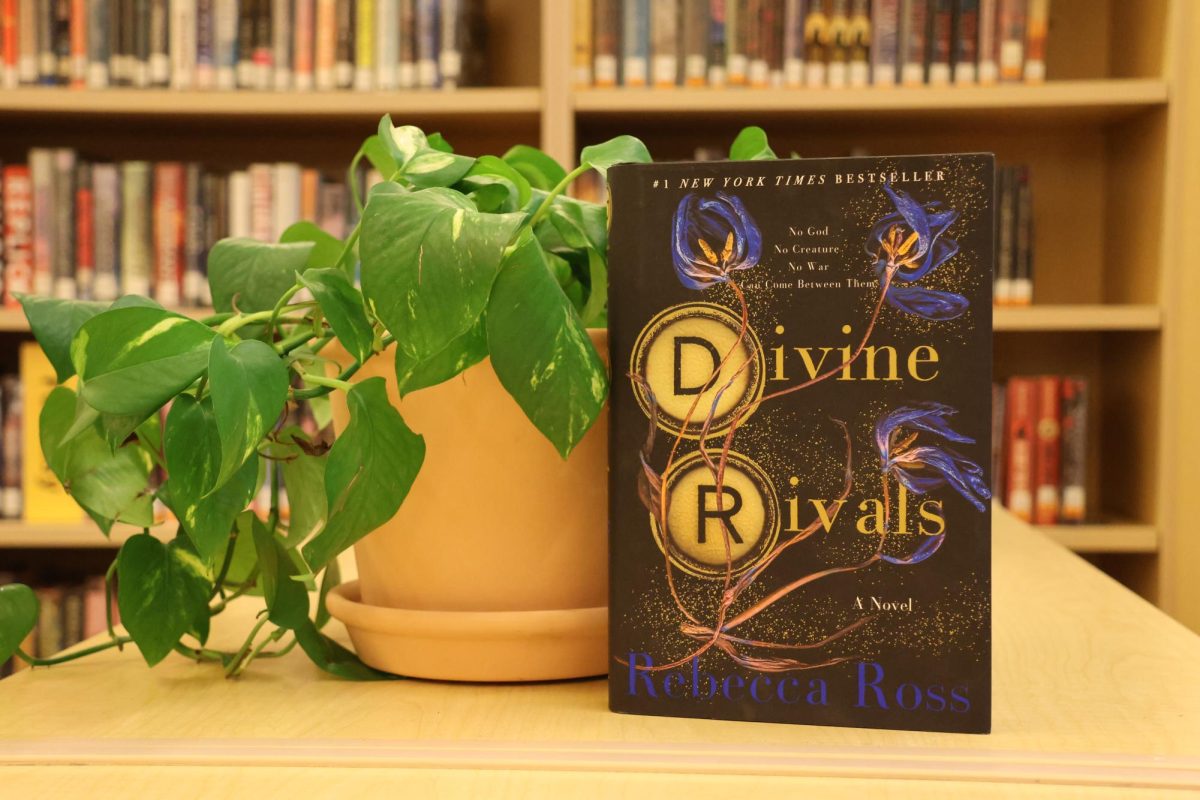
“Divine Rivals” by Rebecca Ross
As a student journalist, I was almost immediately hooked by this ardent, lyrical blend of historical fiction and light fantasy, which centers around two newspaper correspondents traveling to the frontlines of a Trojan War-esque battle between gods.
Set in an alternate world around the late 1800s, this book lives and dies by its characters.
While some of the plot, particularly in the second half, is not character-driven, protagonists Iris and Roman hold much of this story’s action and focus. I wish there had been more context surrounding the larger conflict and why it was happening.
More light is shed on the story of Dacre and Enva — the two fighting deities — in the sequel, but revolving so much of this novel around the importance of journalism amidst war and then not clarifying the details of that war left me frequently grasping at straws.
That being said, both leading characters were phenomenally written, with a very sweet enemies-to-lovers romance and captivating points of view that balanced one another flawlessly.
Undoubtedly, the crowning jewel of “Divine Rivals” is the letters written by Roman and Iris to each other.
While Ross’s writing is sublime throughout the entire novel — evoking mist and mountain peaks mirroring the ethereal, enchanting settings she creates — the vulnerability, sincerity, and insight these two offer, about the cost of war, their day to day lives, and what it means to be human, is both moving and original.
In the end, Ross’s cliff-hanger broke my heart, but this singular, passionate, and profound book was more than worth it.

“Golden Son” by Pierce Brown
The sequel to Pierce Brown’s “Red Rising,” this enigmatic, moving book is like a microcosm of what makes Brown’s work some of my favorite: every action flows effortlessly into the next, each layered, fractured character humanizes the god-like setting they are in, and the pace is pensive yet relentless.
To echo an often-used comparison, it’s a space-set “Hunger Games” that doesn’t shy from the emotional and societal cost of violence.
Though I’ve reread this six-book series multiple times simply because I adore the characters, I return to this one — even just by itself — repeatedly due to how entertaining and engrossing it is. By now, I know all the plot twists, the surprise betrayals, and can see the jaw-dropping cliffhanger coming a mile away, but, without fail, I am wrapped up in the fast-paced excitement of it every time.
However, this is by no means a perfect book.
Darrow’s a little too good at everything, it needed more editing, and the foundation of the series is a hodgepodge of tried-and-true science fiction tropes, even if they’re used in an interesting and effective way. Still, I can barely put this book down when I read it, and have read it almost every year since I was first introduced to Darrow’s world.
With an operatic scale, iconic set pieces, and ride-or-die characters, “Golden Son” has cemented itself as a must-have on my bookshelf for its deft, deeply woven plot and quick wit.
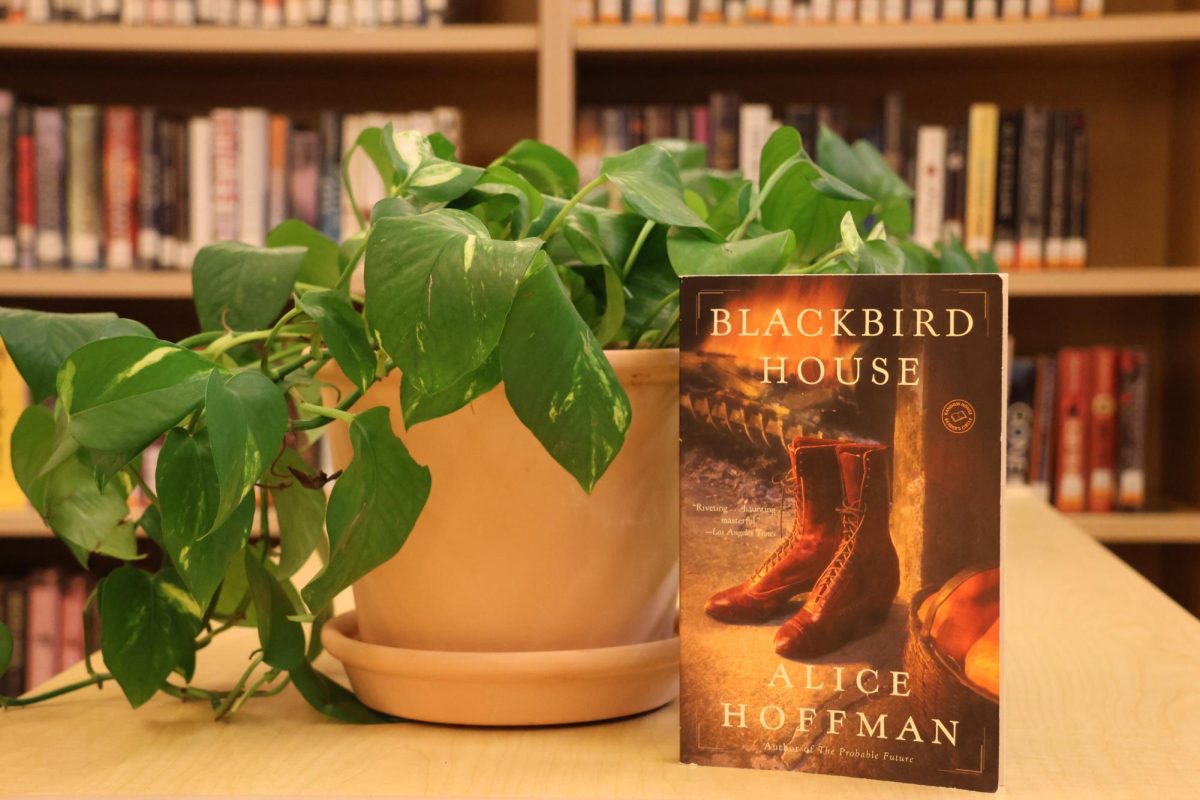
“Blackbird House” by Alice Hoffman
Poetic and steeped in magical realism, this artful collection of short stories is one that I always read at the beach or on a summer evening when no one else is awake.
Hoffman’s subtle, perceptive writing is like a portal to the small farmhouse in Cape Cod where her short stories take place, and each page reads as though it is infused with the sweet peas and scrub pine that, along with a few other recurring motifs, build the continuous narrative and sense of loss that is this book’s backbone.
What makes me come back to “Blackbird House” again and again is just that: its honest, elegant portrayal of grief.
Hoffman’s graceful examination of sorrow, love, and the unknown through the lives of families and individuals who spent time in the same house over hundreds of years allows her to posit a quiet but profound message about the power of places to move, console, and push us to grow from what seems unrecoverable.
Through symbolism in turnips, a white blackbird, fireflies, blackfish, and red shoes, each story’s plot and characters echo Hoffman’s overarching core themes of renewal and persistence — that out of “every bitter thing something hardy will surely grow.”
In particular, I adore the stories “The Conjurer’s Handbook” and “Black is the Color of My True Love’s Hair,” and my only criticism for this collection is its selection. I wish space taken up by more wandering, aimless pieces, such as “India” or “The Pear Tree,” could have been saved for the earnest, entrancing work that makes Hoffman’s words stand out.
In conclusion
Books can bend time, traverse uncrossable distances, and build understanding of other people, society, and ourselves.
After reading 100 this year, that’s what I’m reminded most of — the power writing has had for me, since I first learned how to read, to reflect my experience of the world in a way my own thoughts or personal narratives fell short of doing. More than that, reading has shown me the stories that exist in others, inspiring empathy and awareness for the aspects of their life I can’t see but which shape how they interact with others.
Don’t get me wrong; reading is hard.
But most things worth doing are difficult, and the harder world for me is one where I lack the perspective books have taught me — one focused not only on my own life, but that of others, and the hidden narratives underneath what I can see.


